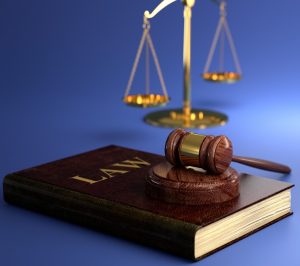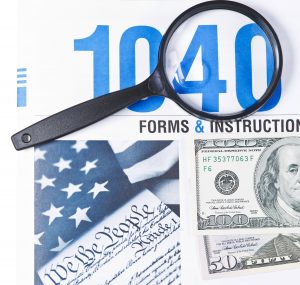It is common for people to mistakenly assume that a “no contact” order is the same as a protective order. Although they are very similar, they are not exactly the same thing. Knowing the difference between the two can give you a better understanding of their purpose. Continue reading to learn more about protection and no-contact orders, and how they are obtained in Indiana.

Criminal Defense Attorney 317-636-7514
Protective Orders
A protective order, also referred to as a restraining order, is a civil-based court order of protection that is signed by a judge, ordering a recognized perpetrator, or respondent, to stay away from the petitioner, or protected party. When a person fears that another individual is going to physically hurt them, they can file a petition with the civil court explaining their fear of imminent bodily injury and how a legal order is the only way to put an immediate end to their danger. The courts can order specific legal boundaries for the respondent, including city zones, residences, family members, and more. Often times, a judge will simply order a respondent to keep a specified distance away from the petitioner at all times, such as 500 feet.
If the court recognizes a petitioner’s case as an emergency, they will approve the protective order. Once the protective order is filed, a hearing is set within 30 days to give the respondent an opportunity to refute the allegations or necessity of the order. In this civil case, it is the petitioner that carries the burden of proof, and must show evidence that the respondent is a threat. If the petition succeeds in proving this evidence, the protective order will go into effect immediately, and will last for 2 consecutive years.
After two years, the protective order must be renewed for it to remain valid, which would call for another civil hearing. In many cases, the respondent must also relinquish their rights to owning and possessing firearms, including giving up their concealed carry permit. And if they are Brady Disqualified as a result of the order, they may never regain their right to have a concealed permit ever again.
No Contact Orders
No contact orders are very similar to protective orders, since they are both signed by a judge and approved in a court or law. However, no contact orders are requested by a prosecutor in a criminal case, not by a petitioner, also making them criminal-based orders rather than civil-based ones. When alleged victims are involved in criminal cases, more often than not, no contact orders are issued at the same time criminal charges are filed against a defendant. And most often, these orders stay in effect throughout the case and for as long as the defendant’s sentence.
No contact orders may be terminated beforehand if a person from the protected party is willing to testify that it is no longer necessary. If a respondent violates any aspect of a no contact order or protective order, they are committing a crime and criminal charges will be filed against them. Generally, the crime is Invasion of Privacy, which can be a misdemeanor or felony charge. Physical contact is not the only way a respondent can violate an order as well. For example, other forms of violation can include:
❊ Direct contact (i.e. same vicinity, physical, eye-to-eye, etc.)
❊ Indirect contact (i.e. mail, sending flowers, leaving notes, etc.)
❊ Third-party contact (i.e. sending messages through mutual acquaintances)
❊ Social media contact (i.e. Twitter, Facebook, Gmail, electronic apps, etc.)
❊ Phone contact (i.e. calls, voicemail, text messages, email, etc.)
Consult an experienced Indianapolis criminal defense attorney for a better understanding of your criminal charges, as well as, the best strategies for your defense. A licensed and experienced criminal lawyer will have your best interests in mind when building a strong defense against your criminal charges. You may have an opportunity to avoid maximum penalties, or have your charges dismissed altogether!
David E. Lewis Attorney at Law

David E. Lewis Attorney at Law 317-636-7514














